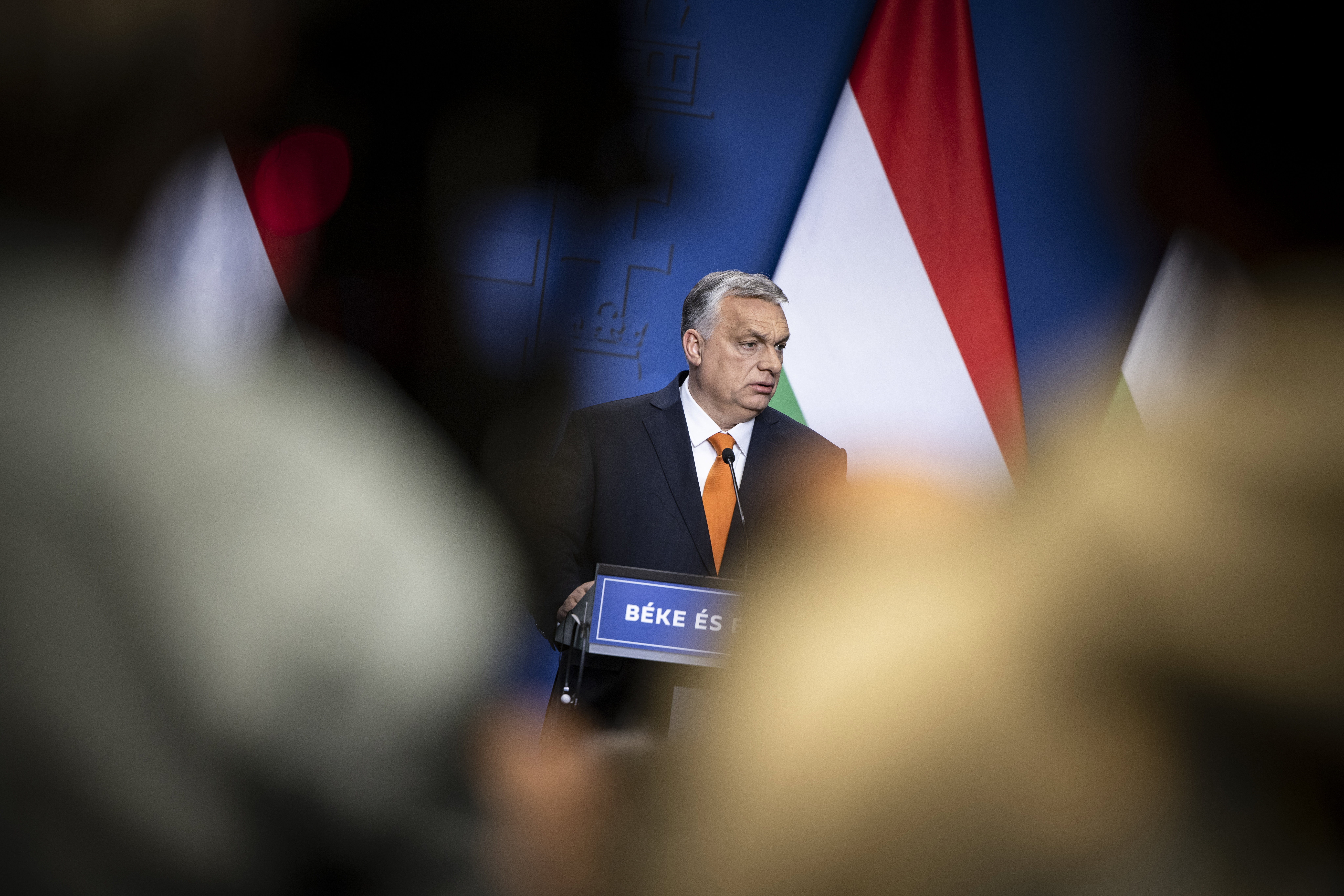
PM Orban's proposals would reduce utility prices in Europe
The proposals of the Hungarian prime minister would ease the burdens of market players and consumers in three key areas, writes a Hungarian economic news site in its analysis.
As is known, during an international press briefing on Wednesday, Hungarian Prime Minister Viktor Orban outlined his proposals to EU decision-makers designed to reduce energy prices in Europe. He said it would ease the burdens of market players and customers if the EU temporarily suspended the carbon quota system, detached the price of wholesale electricity from that of natural gas and suspended the obligation to blend bio-ingredients into fuels, vg.hu writes. The portal adds that these steps are necessary to
decrease the almost unbearably high electricity, gas- and petrol costs, thus making them somewhat more affordable to end users.
The economic portal writes that the carbon quota scheme, also known as ETS, penalises companies that emit greenhouse gases (e.g. CO2) into the atmosphere during their operation, by forcing them to purchase a mandatory carbon quota. The direct purpose of the mandatory quota system is to persuade these companies to curb their emissions and switch to more environmentally friendly technologies. The idea to extend the ETS system so that its obligations would trickle down to ordinary citizens is already on the EU’s agenda because, although it is time-consuming and costly for the fossil-fuel based energy-and industrial production sectors to switch to new technologies, the extra cost of quota purchases will immediately appear in the price of end products, affecting consumers.
This burden would temporarily be lifted if Viktor Orban’s proposals were adopted.
In the current price environment, the cost of carbon quotas is 20-25 percent of the price of electricity, which results in roughly 800 billion forints (212 million euros) in carbon costs per year. Energy producers pass this on to consumers in the form of higher electricity prices, vg.hu writes.
The essence of the other problem raised by Mr Orban is that the rise in the price of natural gas, which has increased for a number of reasons, has „pulled with it” the electricity prices in Europe, because a significant portion of electricity is generated in gas-fired power plants. In other words, in the current electricity market model, natural gas-based technologies are the dominant factor in terms of pricing. For this reason, the market price does not depend on whether the electricity is generated from natural gas, or some nuclear or renewable sources. Producers who use no gas, and thus rely on nuclear or renewable sources, realise extra profits, as their production costs won’t increase as a result of rising natural gas prices.
In other words, the price of electricity generated from expensive natural gas is “pulling with it” the price of cheaper electricity, despite the fact that the share of electricity generated from gas is only around 20-30 per cent at European level.
However, intervention through a regulatory instrument – essentially an EU-wide wholesale price cap – could dampen the prices.
The Hungarian business daily recalls that due to the EU’s regulation, it is mandatory to blend bio-fuels into an increasing proportion of fuels for environmental reasons. The EU plans to further increase the share of renewable energy carriers in petrol and diesel.
At the same time, this will cause a significant hike in fuel prices while demand for maize and rapeseed that form the basis of bio-fuels (bioethanol and biodiesel) will rise significantly. In other words, bio-regulation increases demand for cereals and drives up the prices, as we essentially burn food as fuel, vg.hu writes.
Leaving out the bio-additives would make the pumps cheaper, but it would also put a brake on environmental protection and sustainability, as outlined by Hungary’s PM in his proposal.

